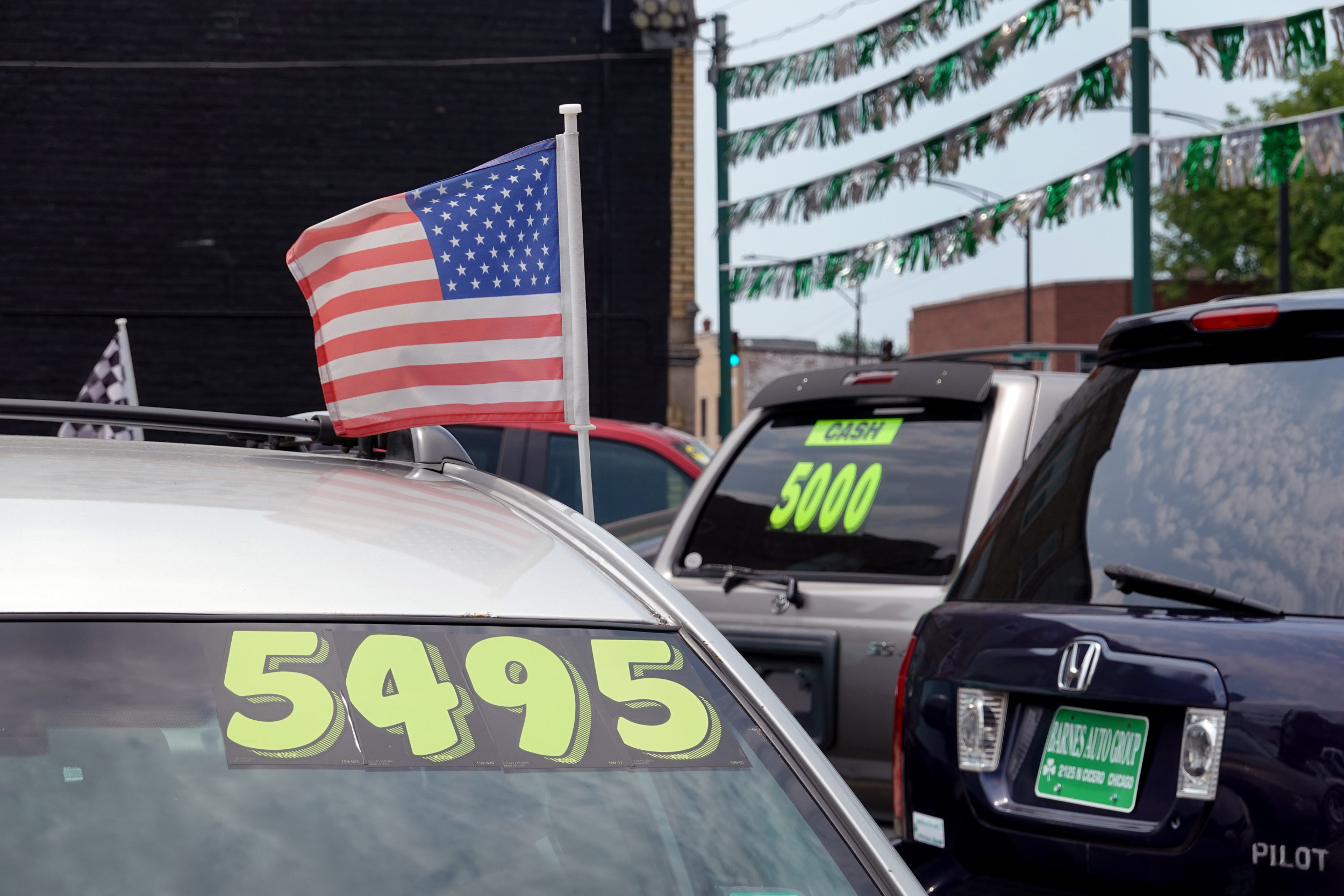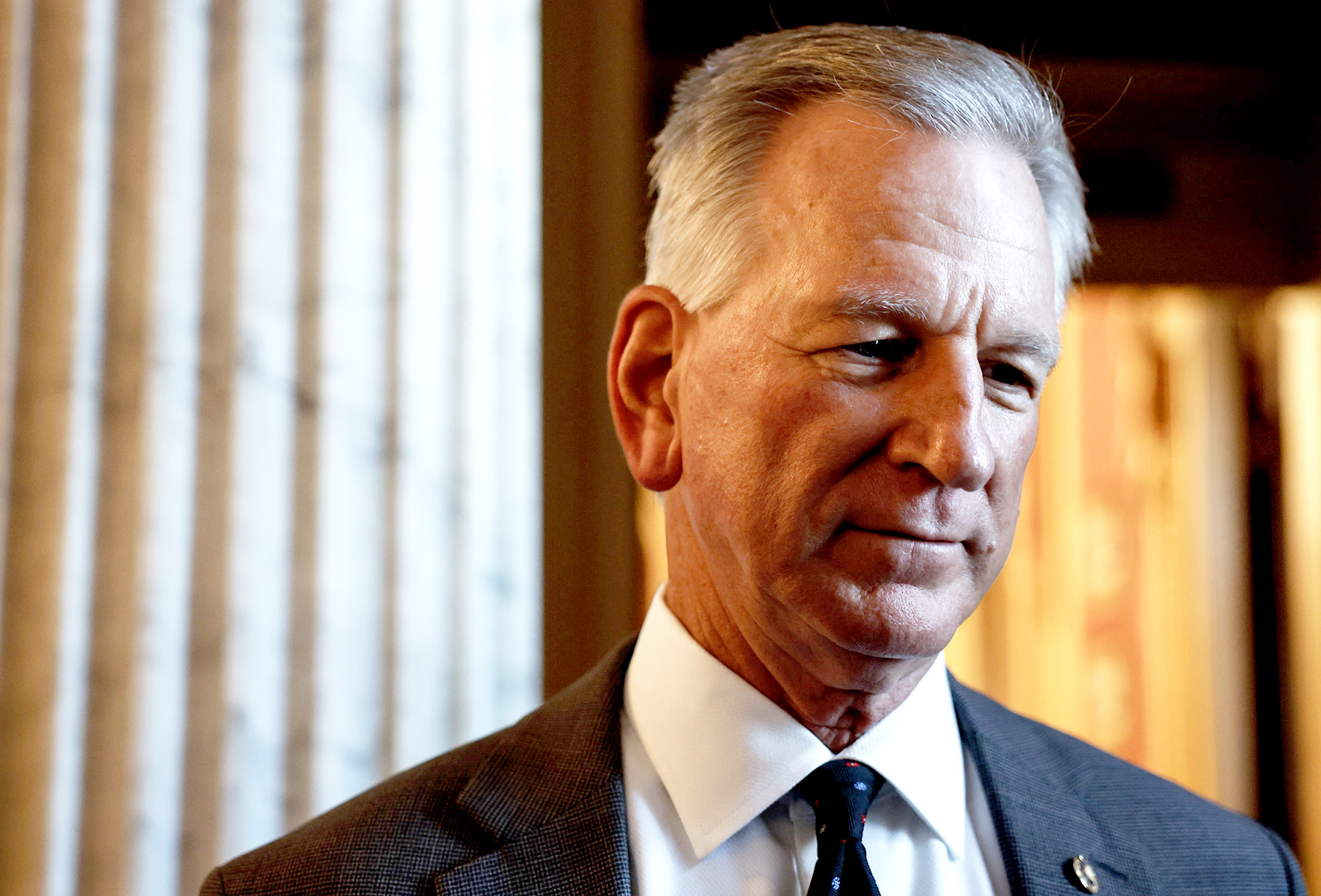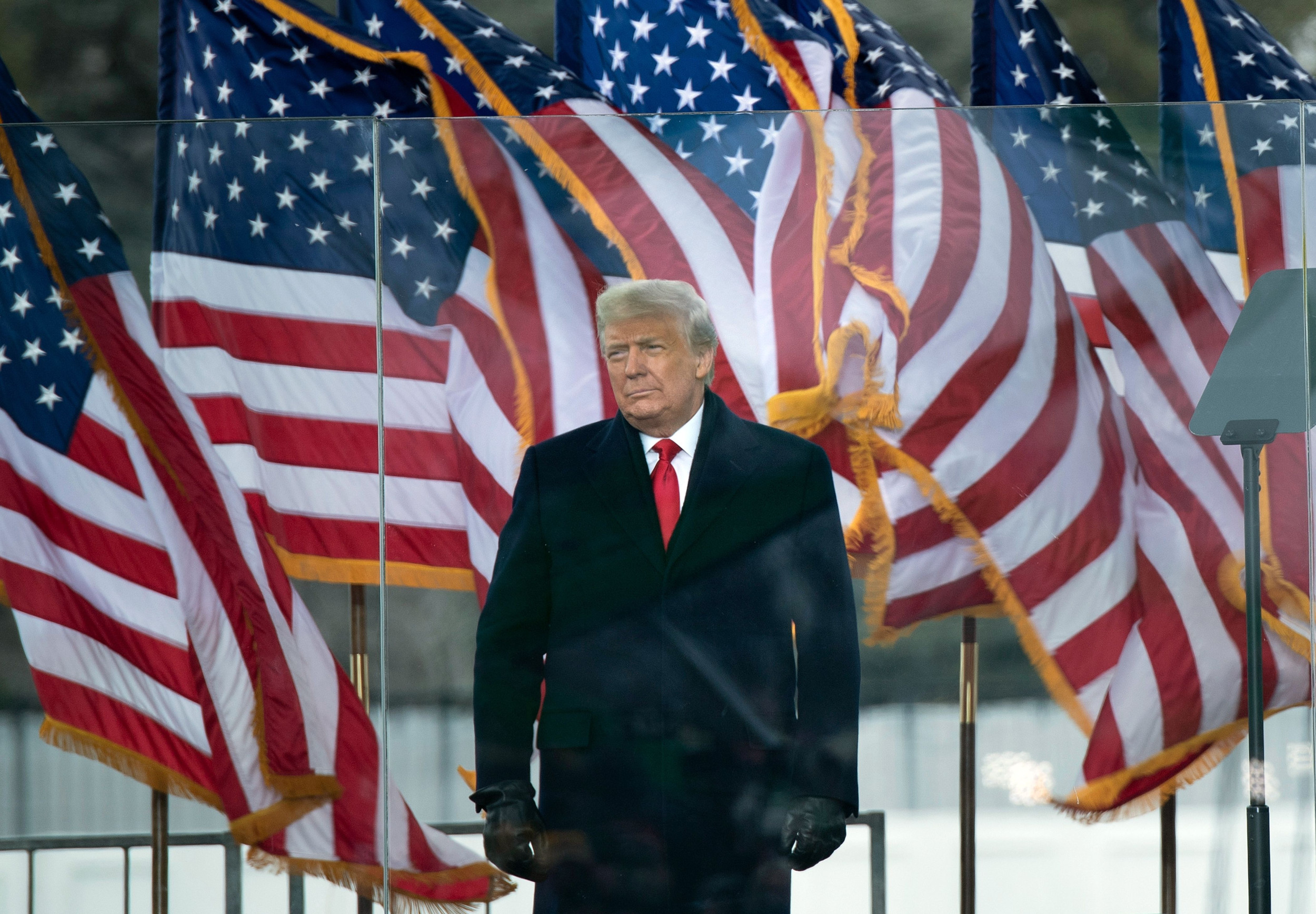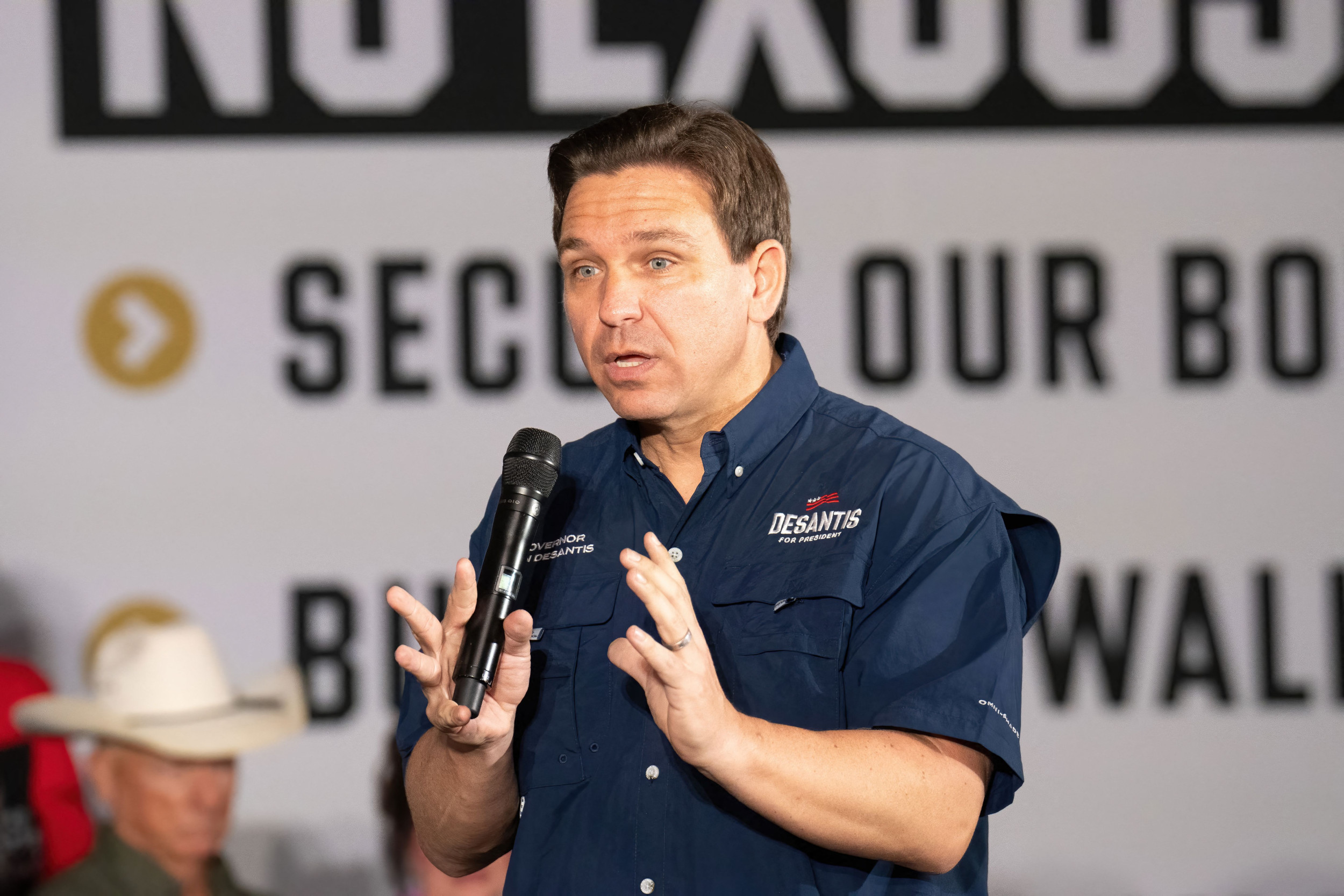"Black Americans are leaving cities in the North and West," a recent headline in The Wall Street Journal read, followed by a story chronicling the large-scale Black migration from cities like Detroit, Chicago and Oakland, California. It turns out that Black people aren't just moving from those cities and cities like it. They're fleeing—fleeing high crime rates, high housing costs and poorly performing schools. Even more interesting is where they're fleeing to: the South.
Black Americans are not alone. Nine of the 15 fastest-growing cities in America were in the South, according to a report last month by the U.S. Census Bureau.
It's a story I've lived. When I told friends in New Jersey 17 years ago that I was packing my bags and heading to Mississippi, they were shocked. I might as well have told them I was moving to Mogadishu.
I explained that there was electricity and running water in Mississippi. And internet, cellphone service and cable TV. We even had doctors and dentists, I joked. And a nearby airport, Memphis, with planes that got me anywhere I needed to go for work.
I then described the quality of life in Oxford, a college town with a population of 30,000. When I showed them pictures of my house and shared with them the cost of building it—and the low property taxes—they were shocked.
When I told them I had no desire to inherit the pension liabilities that New Jersey's public unions and politicians were irresponsibly saddling on the state's kids and grandkids (it's $40,000 of unfunded pension liability for every man, woman and child in the state and rising), they confessed that they too were thinking of leaving. They're not alone: New Jersey has led the nation in net outflow migration for the past five years running, and 59 percent of the state's residents told a pollster last year they planned to leave.
The fact is, like millions of other Americans, I left because I could: What I do for a living involves lots of travel, so where I live has little bearing on how much money I earn but a lot to do with how much I keep.
One big question lurked: "What's it like living with a bunch of slow-talking, gun-toting, Bible-thumping racists?" My friends didn't use those precise words, but it's what they were thinking. It's not entirely their fault. Most of what they know about the place comes from TV and movies. Think Hee-Haw meets Mississippi Burning meets A Time to Kill meets The Help and you get the picture.

The hellscape my friends envisioned I was moving to was in their own minds, but their prejudices had little in common with the life I encountered when I moved to Mississippi. I fell in love with the place. With the pace of life. People have time for each other and actually know each other. Sometimes for the worse, mostly for the better. I loved the manners and mannerisms too. All the "sirs," "ma'ams" and "appreciate you's"—all of which add to the general quality of life.
The same goes for all the churches in our neighborhoods. That so many people around us care about our faith doesn't make our town a perfect place, but it makes it more decent.
It was on the race front that I was most surprised. White and Black people live, work and go to school together in our town. And our public schools are more integrated than any I ever attended in New Jersey. (Oxford's mix is 52 percent white, 32 percent Black, 5 percent Hispanic and 4 percent Asian.)
Moreover, Black and white people in town know one another and have deep, long—and yes painful—histories together. Everywhere, you see real affection between Blacks and whites.
That's why I moved to Mississippi. For the same reasons my grandparents left Lebanon and Italy for America: for a better life for my family.
Black Americans have been heading south in big numbers for the same reasons—and for over 20 years. Indeed, the percentage of the nation's Black population living in the South recently hit its highest point in half a century: More now live in the South (56 percent) than in the Midwest (17 percent), the Northeast (17 percent) and the West (10 percent) combined.
The epicenter of the epic reverse migration is Chicago. "The Midwestern city saw its black population drop by 180,000 in the decade after 2000," Marcus Gee wrote in the Daily Mail. "And the Greater Chicago area lost close to 46,000 black residents since 2010."
Many books have been written about the migration of rural Southern Blacks to Chicago and other Northern cities in the 1940s and '50s, including Nicholas Lemann's The Promised Land: The Great Black Migration and How It Changed America. Why, a curious student might ask him (Lemann is dean emeritus of Columbia University's School of Journalism), hasn't he written the sequel?
We know why. The ideological prejudices of many coastal media elites and journalists—and elites in the South too—stand in the way. They're so invested in the narrative of the Old South that they can't bear the thought that things have changed for the better. That Black people are fleeing blue Northern cities to live in red Southern states makes the story even more difficult to advance.
But this much is self-evident: If the South is so racist, why are so many Black people moving here? And if the South is so backward, why are state of the art manufacturers investing billions in the region to make everything from helicopters to airplanes to automobiles?
In 2011, Toyota opened a plant near Tupelo, Mississippi, and it was big news in northern Mississippi. The $800 million plant rolls out 170,000 Toyota Corollas annually, employing 2,000 workers and creating downstream jobs and a strong tax base. Located just miles from the birthplace of Elvis Presley, the plant has changed the trajectory of the region. Stories like it abound throughout the South.
In the downtown square of my hometown sits a statue of a local literary hero and long-time resident, William Faulkner. "The past is never dead," he once wrote. "It's not even past." Faulkner died in 1962, months before riots broke out over the integration of our hometown college, Ole Miss.
If I'd told him when he was alive that the South would become the fastest-growing region in the country and that Black Americans would be leading the charge, he'd have called me delusional. If I'd told him that a Japanese auto company would be making cars in Tupelo, or that Mercedes would be making SUVs in Tuscaloosa, or that Boeing would be making 787 Dreamliners in North Charleston, he'd have called me crazy.
The fact is, white, Black and brown people from all over America—and businesses from all over the world—are heading to a part of the country where taxes are low, unions are irrelevant and people love their guns and their Bibles. They're investing in the South with their capital and an even more precious asset—their lives and families.
And all because we see something here that Faulkner couldn't. And that too many writers, academics and media types can't see—or refuse to.
The future.








